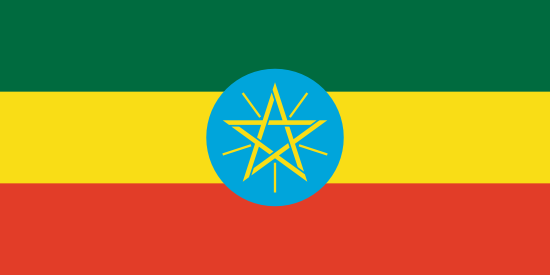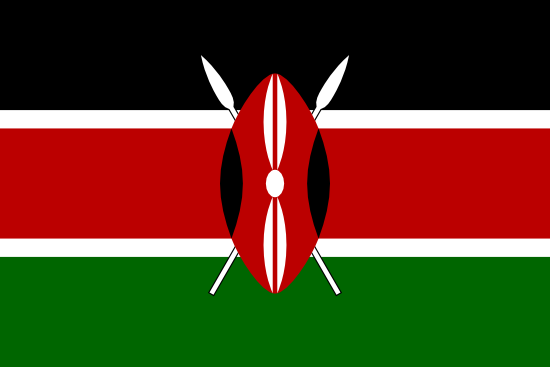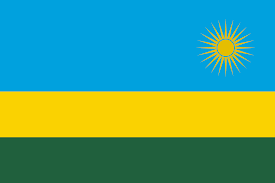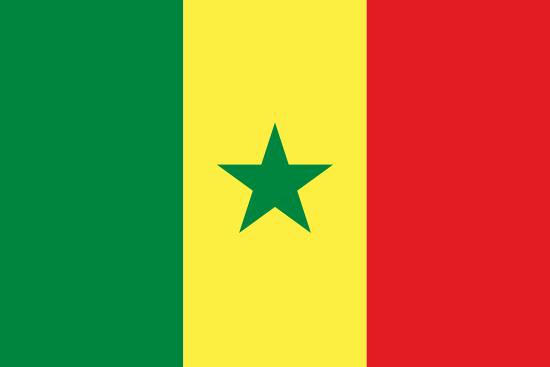Where we work
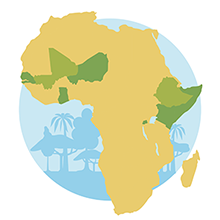
Regreening Africa aims to improve the livelihoods, food security and resilience to climate change of smallholder farmers in eight countries, by restoring ecosystem services, particularly through agroforestry.

Ethiopia
Ethiopia offers great examples of success in land restoration through past interventions in Tigray; and the world famous Humbo assisted natural regeneration programme.
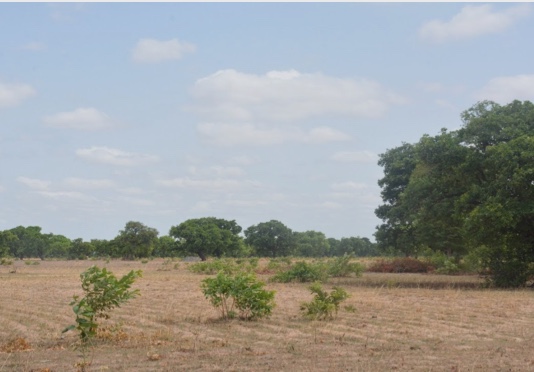
Ghana
The project builds on proven years of experience of land restoration through Farmer Managed Natural Regeneration (FMNR), and other Agroforestry Practices in Northern Ghana in areas like Talensi District.
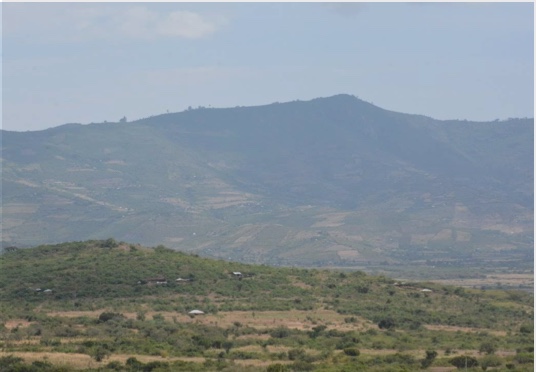
Kenya
Regreening Africa is bringing together a diverse range of stakeholders, public, private and even faith-based, to catalyse land restoration in Kenya.

Mali
Regreening Africa is contributing to a growing number of land restoration initiatives in Mali and the greater Sudano-Sahelian region by addressing major drivers of land degradation, while mitigating impacts of extreme climatic events like droughts and flooding.

Niger
Despite being one of the poorest countries in the world, Niger has become synonymous with successful land restoration in the Sahel in the last three decades, where an estimated 5 million hectares have been restored through Farmer Managed Natural Regeneration (FMNR) in regions such as Maradi and Zinder.

Rwanda
Regreening Africa project provides an opportunity to support the Rwandan Government’s plan in achieving Sustainable Development Goals (SDGs) where evergreen agriculture aligns with the goals of taking climate action to combat negative impacts on agriculture, food security and rural livelihoods.

Senegal
Farmers in the peanut basin of Senegal, who have historically cleared all the trees in the fields to practice monoculture, i.e. growing peanuts and other crops in ‘clean fields’, are turning the tide of agricultural practices by regreening their field with trees.

Somalia
Partners in Regreening Africa are confident that the project will significantly contribute to a reversal in environmental degradation, recurrent droughts, loss of livelihoods; and even strengthening local governance structures in Somalia.

